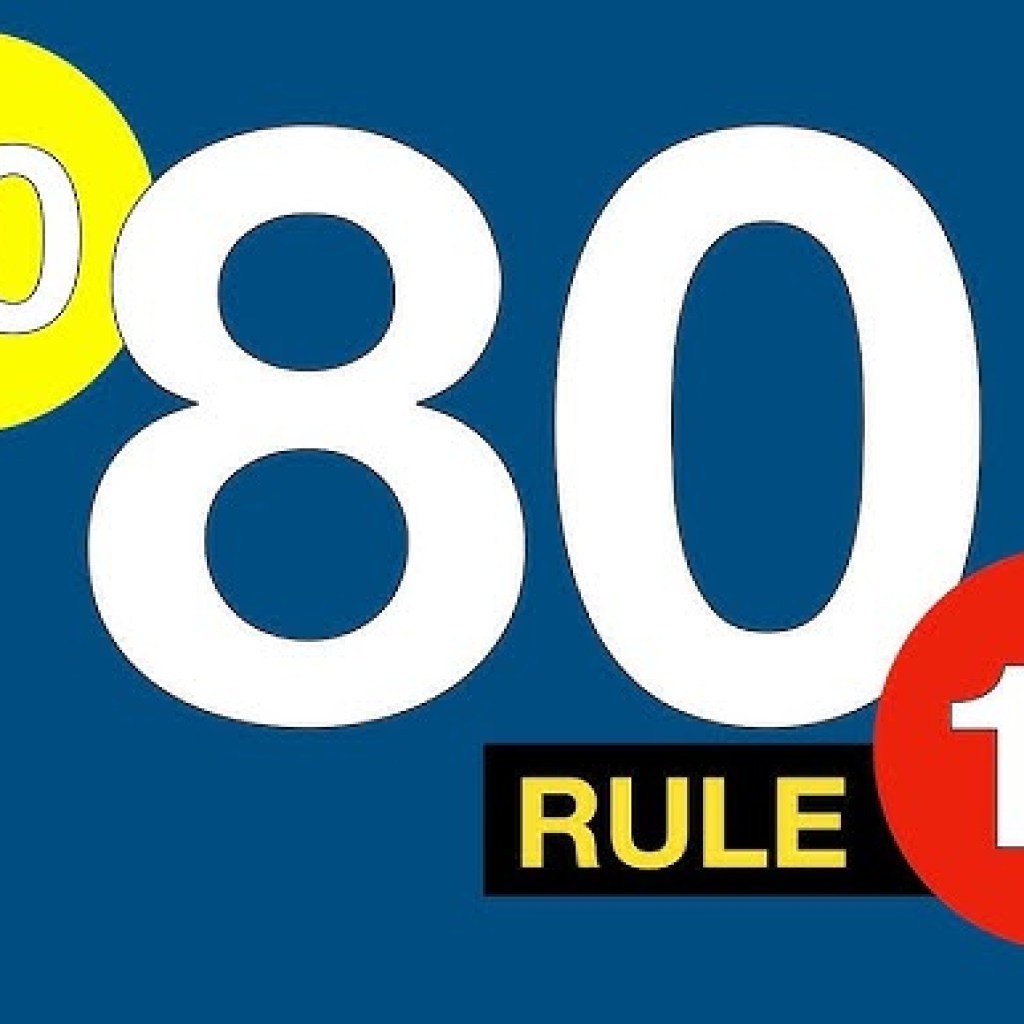Chanakya’s Legacy for the Digital Century
Ancient Wisdom Common Sense Creative Exploration Entrepreneurship - EcoSystem Entrepreneurship - New Ideas Entrepreneurship - Training Focus Forward Happy & Simple Living Information Technology Leadership Management Lessons Training, Workshop, SeminarsChanakya’s timeless wisdom from the Arthashastra provides a surprisingly practical framework for navigating the complex, hyper-connected world of digital diplomacy, where narratives, AI-driven intelligence, and cyber influence define power. By reinterpreting principles like Danda (strategic force), Netra (intelligence networks), and Mandala (relational geopolitics), modern states and leaders can counter disinformation, build resilient alliances, and exercise credible deterrence without escalating to open conflict. The challenges of surveillance, ethical boundaries, and the balance between security and civil liberties highlight the importance of trust, transparency, and moral foresight. Ultimately, success in the algorithmic era depends not on tools alone, but on disciplined strategy, human judgment, and the empowerment of people at the margins to create secure, inclusive, and self-sustaining digital ecosystems.








































